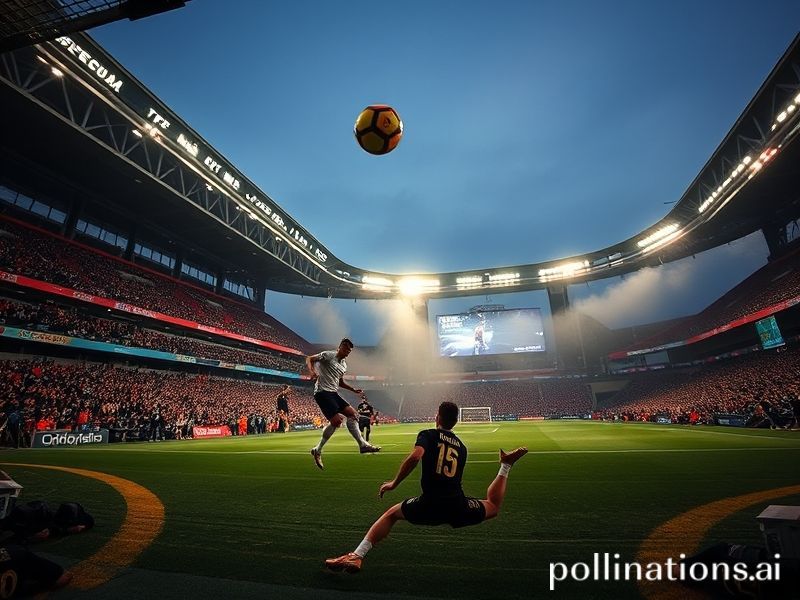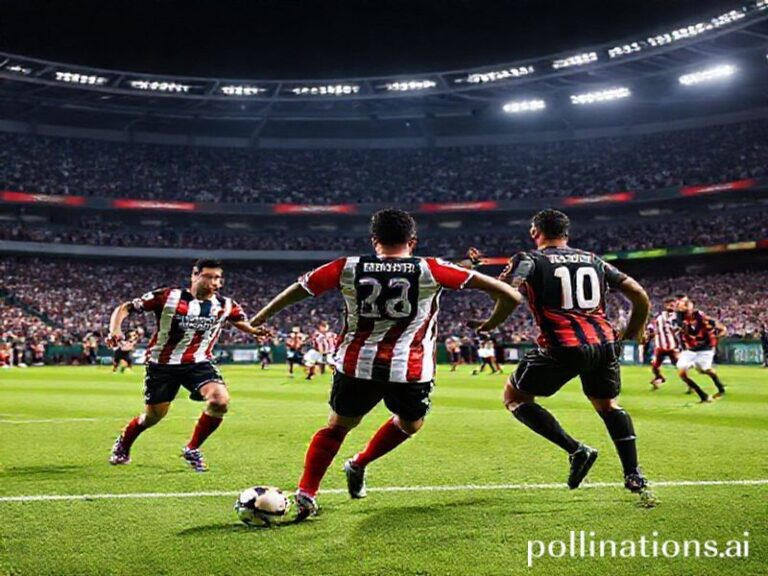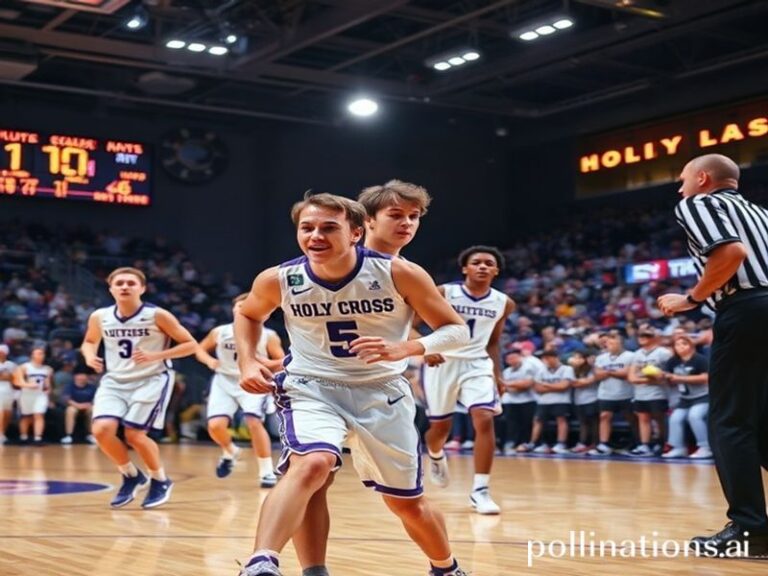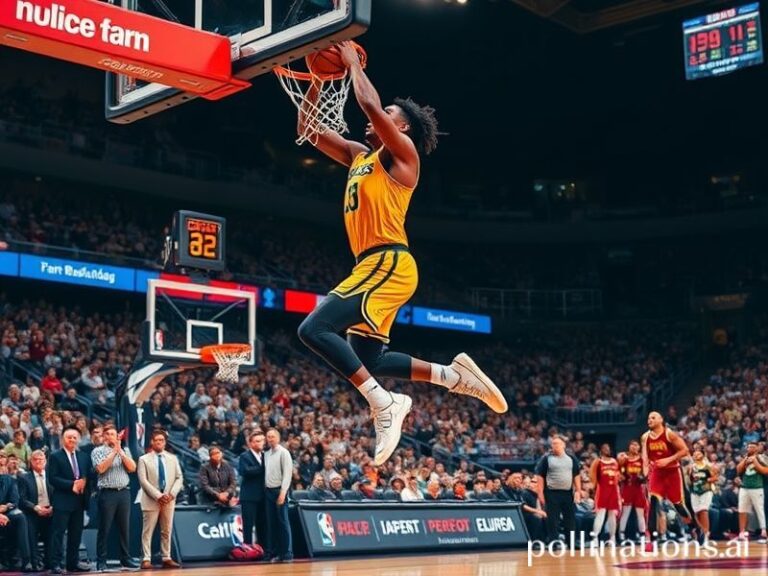Mississippi Smoke vs. Hollywood Lights: How LAFC-St. Louis Quietly Became the World’s Most Wathed Distraction
From the banks of the Mississippi to the smog-kissed skyline of Los Angeles, a modest MLS fixture has quietly become a geopolitical mood ring. LAFC versus St. Louis City SC is not, on paper, the stuff of UN Security Council briefings. Yet when two expansion-era clubs—one the shiny toy of Hollywood financiers, the other the civic vanity project of a city desperate to prove it still has a pulse—collide in a half-empty football cathedral, the world takes notes in the margins.
Why? Because at kickoff the planet is busy imploding elsewhere. European stadiums are draped in Ukrainian flags, Chinese investors are ghosting their own teams, and FIFA is busy counting bribe money faster than a crypto exchange in free-fall. In that context, the LAFC-St. Louis tilt looks less like a match and more like a controlled laboratory experiment: Can twenty-two millionaires distract an audience from the slow-motion collapse of late-stage capitalism for ninety minutes plus stoppage time? Early data suggests yes, provided the Wi-Fi holds.
Los Angeles arrives as the league’s curated utopia: a roster assembled with the precision of a Silicon Valley cap table, complete with a Welsh superstar who pronounces “dude” better than most natives and a fanbase that treats smoke bombs as artisanal aromatherapy. St. Louis, meanwhile, is the league’s rust-belt redemption arc—a city that once exported Budweiser and existential dread now exporting competent set-piece routines. Their supporters sing century-old hymns about rivers and railroads, blissfully unaware that the same chants are being sampled by a Berlin DJ for an after-hours club track called “Post-Industrial Elegy.”
The tactical subplot is equally freighted with global metaphor. LAFC’s high press mirrors America’s foreign policy: relentless, energy-intensive, and prone to counter-attacks from halfway around the world. St. Louis’s low block resembles the EU’s approach to climate change—everyone behind the ball, praying the storm passes before the funding runs out. When the first goal goes in—usually from a turnover birthed by an overconfident back-pass—it feels less like sport and more like watching a hedge fund discover liquidity risk.
Off the pitch, the economics are deliciously grotesque. LAFC’s owners include a venture capitalist who made his fortune selling software that outsources empathy; St. Louis’s primary backer is a local billionaire who still refers to the transfer fee as “the dowry.” Both clubs lose money with the cheerful abandon of a Japanese conglomerate in the 1980s, comforted by the knowledge that franchise valuation inflation will bail them out long before the oceans finish rising. Ticket prices, meanwhile, have achieved parity with a Michelin-starred omakase, ensuring the stands remain a safe space for people who pronounce MLS as “em-el-ess” rather than “milse,” the latter being how most of humanity says “milk” when they can’t afford it.
And yet, for all the cynicism baked into the occasion, the match delivers its own stubborn grace note. Somewhere in the 73rd minute, a Ghanaian winger who spent last season on loan in the Belgian second division skinned two defenders and curled a shot that kissed the far post like an apology. For thirty seconds, Twitter in Lagos and Reddit in Reykjavik forgot to argue about gas prices. The global attention span is famously shorter than a referee’s whistle, but for that half-minute, humanity achieved the kind of consensus usually reserved for asteroid impacts.
Full-time whistle blows. LAFC wins, because narrative efficiency demands it, and St. Louis fans console themselves with toasted ravioli and the statistical certainty that expansion teams always improve in year two. The players exchange jerseys manufactured in the same Bangladeshi factory, then board carbon-spewing flights to their next carbon-spewing fixture. The world resumes its scheduled programming of doom-scrolling and debt-ceiling brinkmanship. Still, somewhere in a sports bar in Nairobi, a student nurse checks the score and smiles—proof that even in the age of perpetual crisis, we can still export meaningless beauty for ninety minutes at a time.







